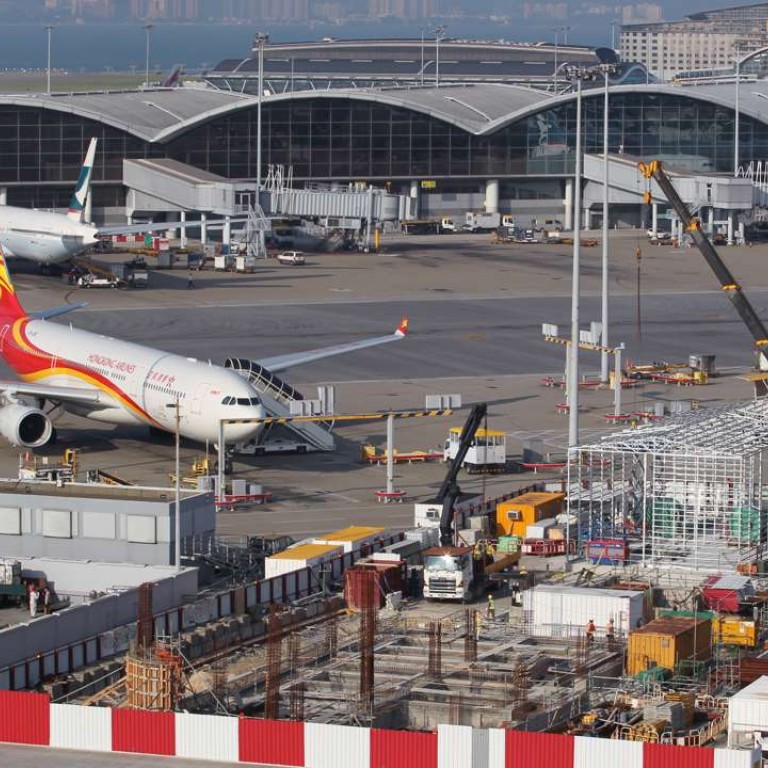
Aviation hub status does not help local people or economy
Until now, I have only browsed reports on the third runway. However, the article by Mike Rowse (“HK must face up to limits on its air (and land) space”, April 25) made me feel there is something not quite right.
He says: “No international business centre worthy of the name can survive, let alone flourish, without a modern airport with extensive connectivity to the rest of the world.”
As a stand-alone statement, this is quite correct. It is one of the many reasons why many communities have built airports to serve them. However, the third runway is, apparently, not being built to support these needs but because somebody, a few years ago, suggested that Hong Kong should become an “aviation hub”.
The function of an aviation hub is quite different from a national airport. The latter serves the people and the economy but the former is just a place where people change planes to travel onwards.
I understand these transit passengers constitute 30 per cent of current arrivals.
They contribute very little to the economy but create costs such as operations, maintenance, air and noise pollution and, of course, an additional runway.
Transit passengers will always exist at a national airport, but to start raising this function to a status equal to or higher than its prime purpose is creating a new business that has, all things considered, a negative return on investment.
Rowse also tells us that, just when we have approved the third runway, the very same advocates are telling us it’s not going to be enough. The gestation period of new runways seems to be about 10 years so some restraint is needed if we are to avoid having six of them by 2030.
Now that things are starting to be clear, would it not be best to let someone else have the glory of being “the South China aviation hub”? If we want to develop our economy and the wealth of our people, there are many better ways of spending the money.
Finally if, as Rowse says, we need an airport to do justice to the name of an international business centre, we might expect such a centre to produce projects that make sound business sense.
S. P. Li, Lantau

